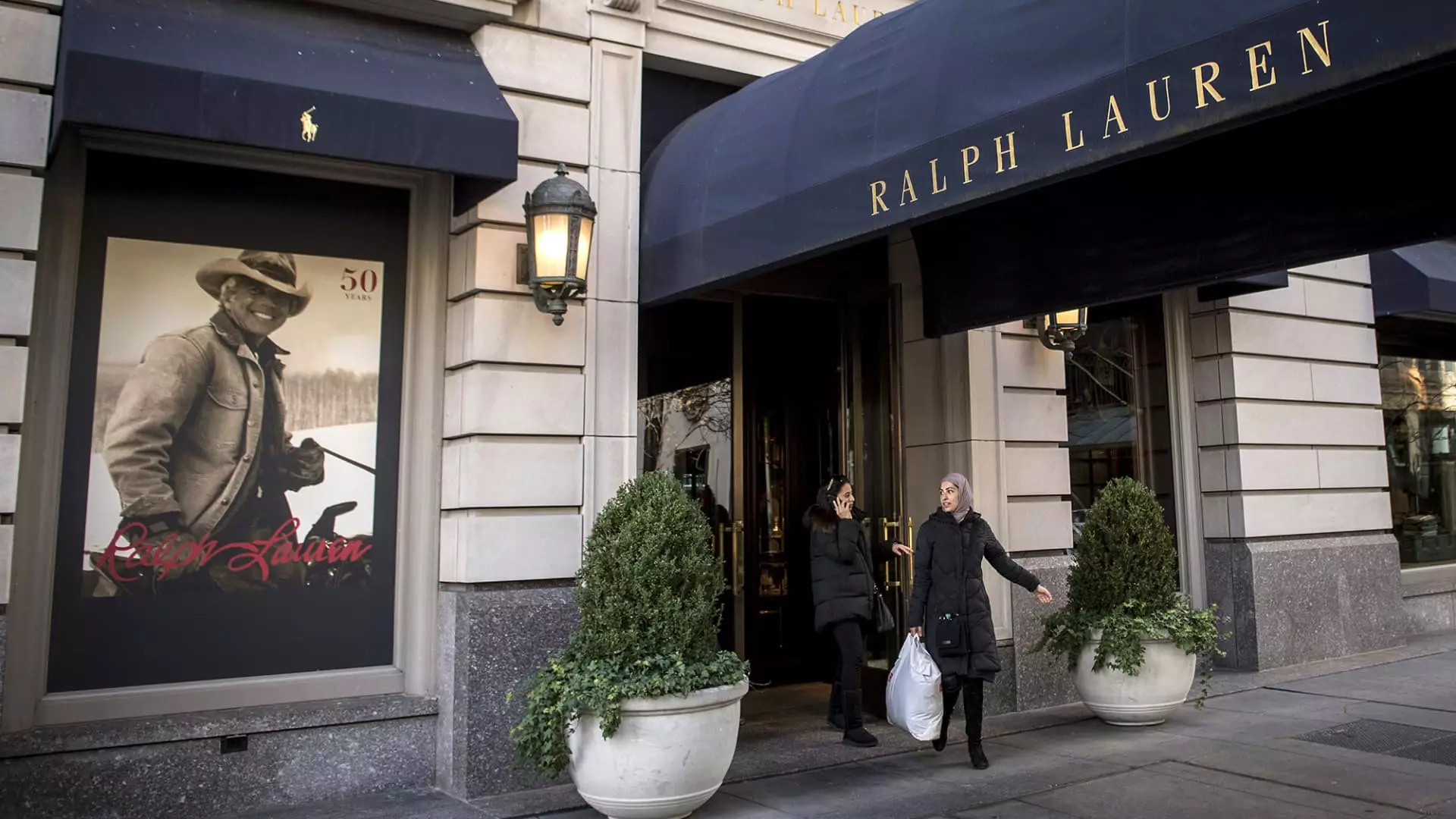It’s fascinating how a mere financial upgrade can send stocks soaring like a kite in a strong wind. Ralph Lauren experienced a notable 2.8% rise after an upgrade from Goldman Sachs, which diligently assessed the brand’s limited exposure to tariffs. It’s important to recognize that in a world of commerce heavily impacted by trade wars and political tensions, this advantage provides an edge over competitors. Meanwhile, Duolingo, the language learning app beloved by millions, saw a 1.5% gain following an upgrade from Citizens JMP Securities. Analyst Andrew Boone is optimistic about Duolingo’s “Max” subscriptions propelling the stock higher. This reflects a broader trend where tech companies leveraging subscription models may hold a lucrative future, capitalizing on their recurring revenue potential.
Energy: A Boon and a Bane
On a more surprising note, Peabody Energy’s stock gained 4.8% after encouragement from former President Trump regarding coal production. This raises critical questions about the future of the energy sector and the implications of political endorsements. It feels like a throwback to an era that many thought we had moved past—a time when coal was king. Nonetheless, Peabody’s growth indicates that there is still a market for traditional energy sources, at least in the short term. However, investors must ask themselves: Is this a sustainable strategy or a dangerous bet on an industry with profound environmental consequences?
Kodak: A Traditional Company’s Latest Triumph
Kodak’s impressive fourth-quarter earnings, creating $26 million in net income, mark a remarkable turnaround for a company once touted as the giant of photography. Its stock climbed over 4%, revealing that not all nostalgic brands are dead on arrival. Kodak’s ability to pivot from traditional film to a diversified chemical and photography business is commendable. Nevertheless, is this growth a flash in the pan or the beginning of a more competent and contemporary business model? In a market vying for innovation, Kodak stands as a testament to the resilience of legacy businesses when they adapt.
The Volatility of the Market: Tesla and Hallador
Tesla, a name synonymous with cutting-edge technology and electric vehicles, shed 3% as analysts at RBC Capital Markets trimmed their price targets amid intensifying competition. This demonstrates just how quickly the winds can shift in the stock market. Competitors are ramping up their game, making Tesla investors question whether its innovative reign can endure in an increasingly crowded landscape. Conversely, Hallador Energy plummeted 6% after failing to meet revenue expectations, a stark reminder of the unpredictable nature of market dynamics where one misstep can send stocks tumbling.
The Dark Side of Biotechnology: Sarepta Therapeutics
The biotechnology sector is not without its dire moments. Sarepta Therapeutics plunged over 25% after the company disclosed that and unfortunate event involving a patient’s death during treatment. This incident underscores the inherent risks associated with biotech investments. The response from investors can be harsh, as shown by Sarepta’s stock drop. This reality emphasizes that in a high-stakes marketplace, ethics, transparency, and safety should reign supreme in every stage, from testing to marketing. For investors, it’s crucial to weigh these risks against the potential for groundbreaking advancements in health technology.

